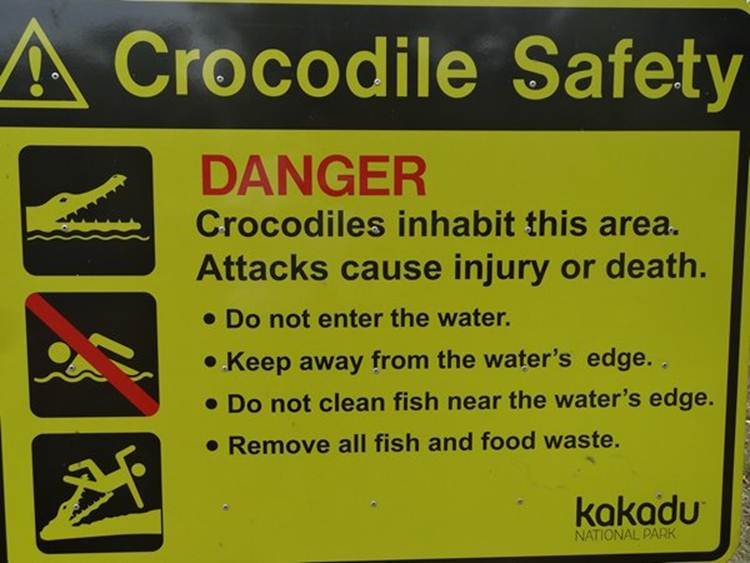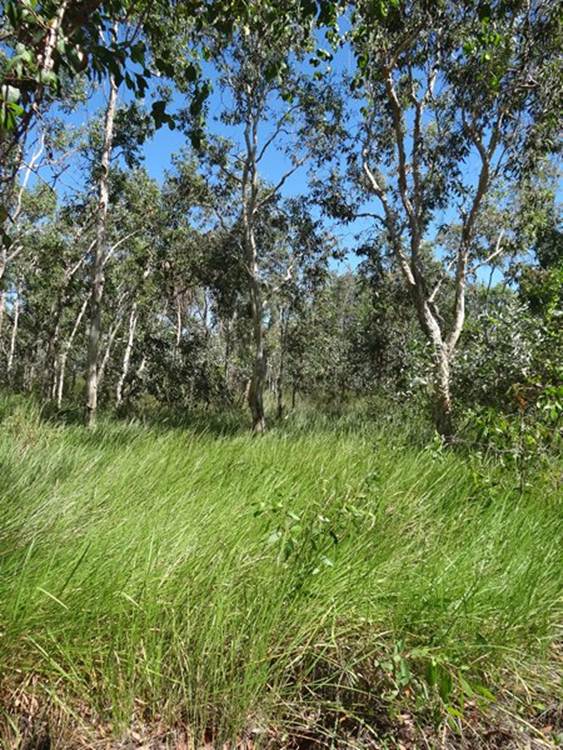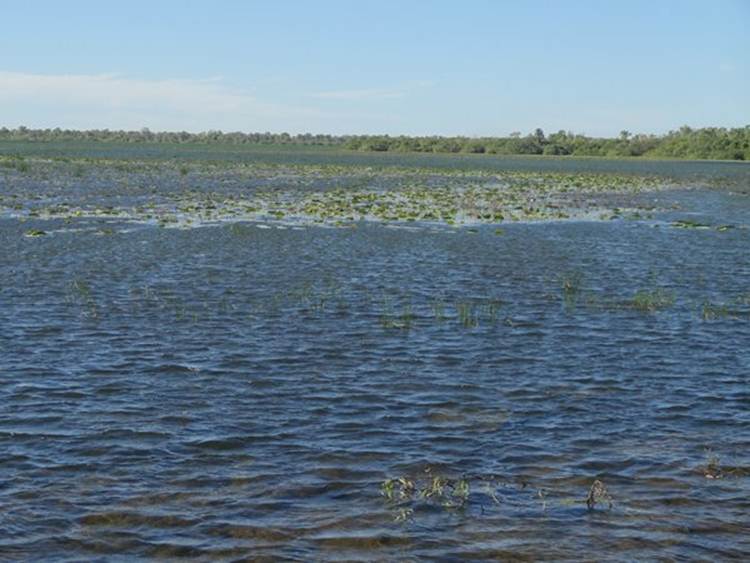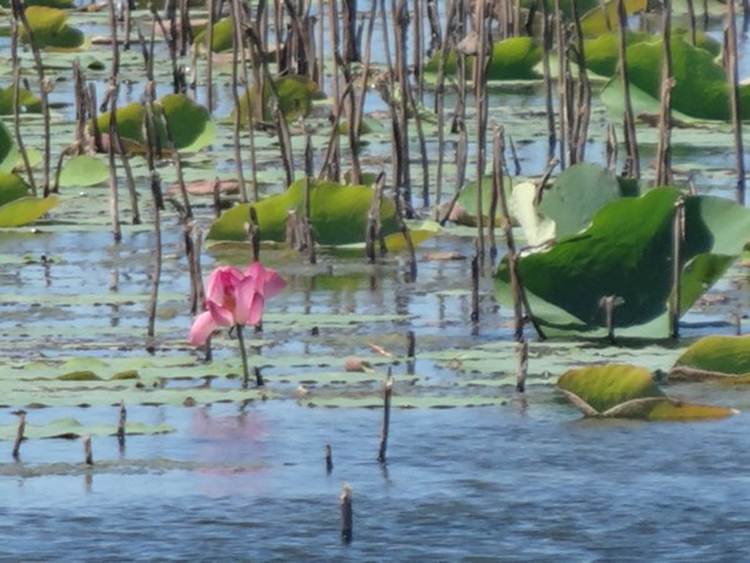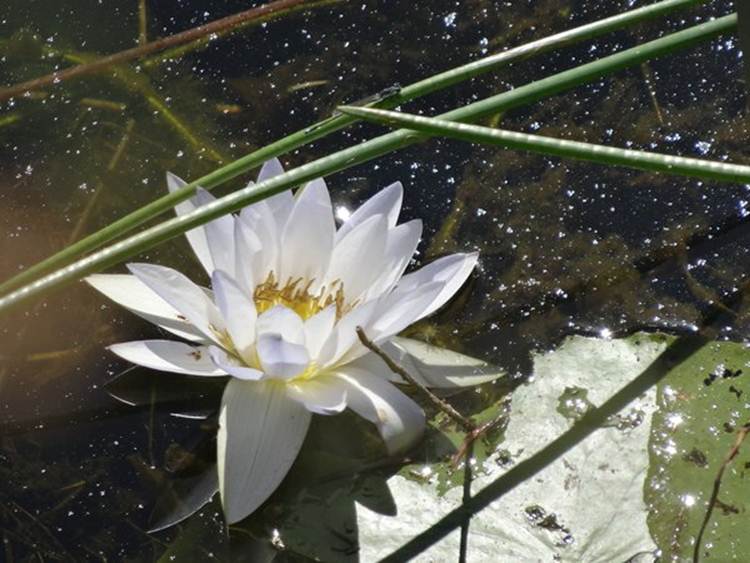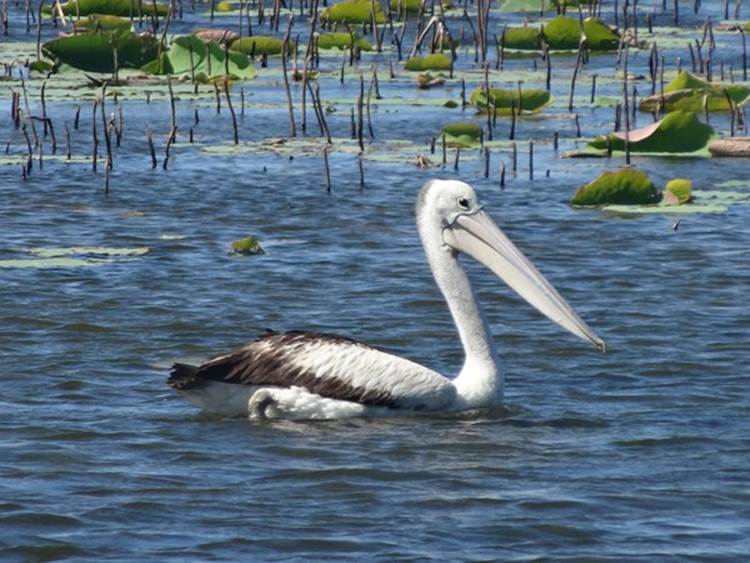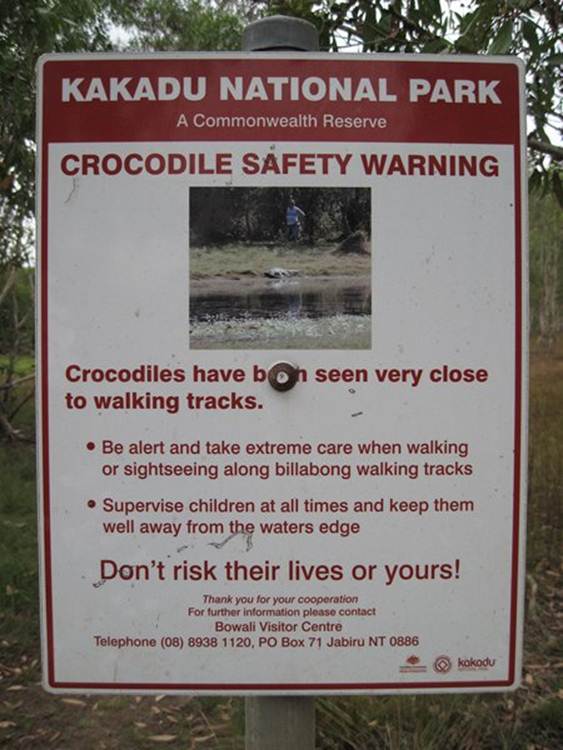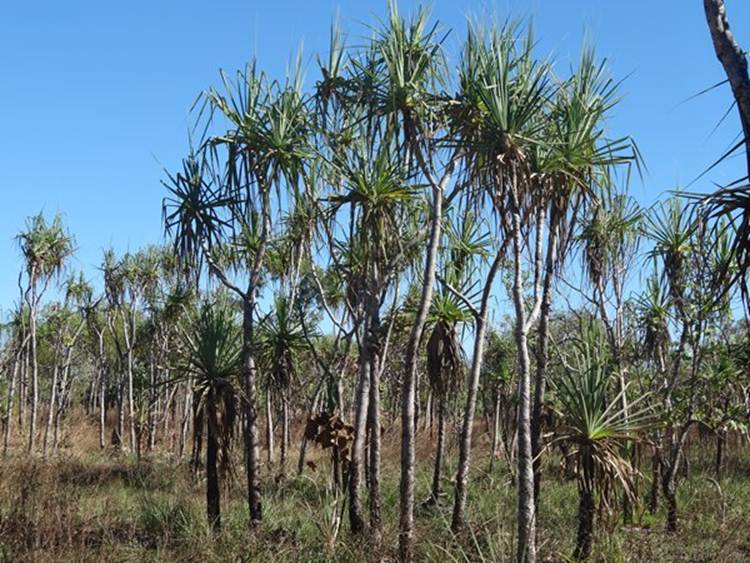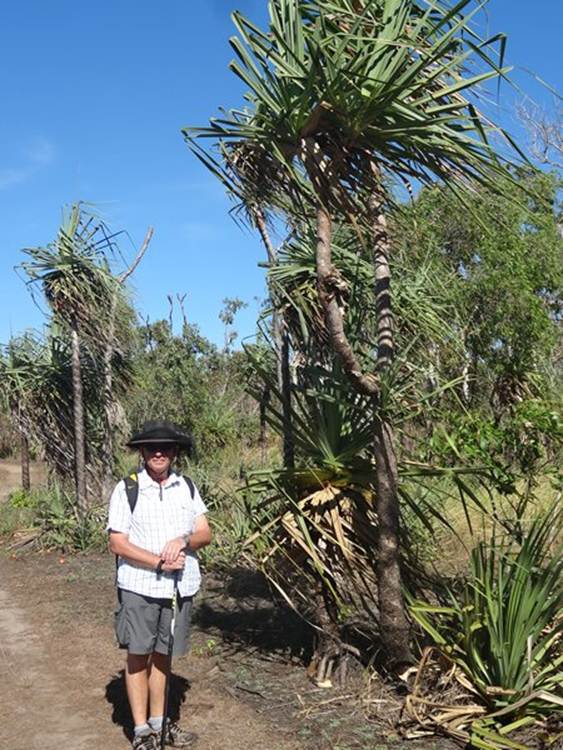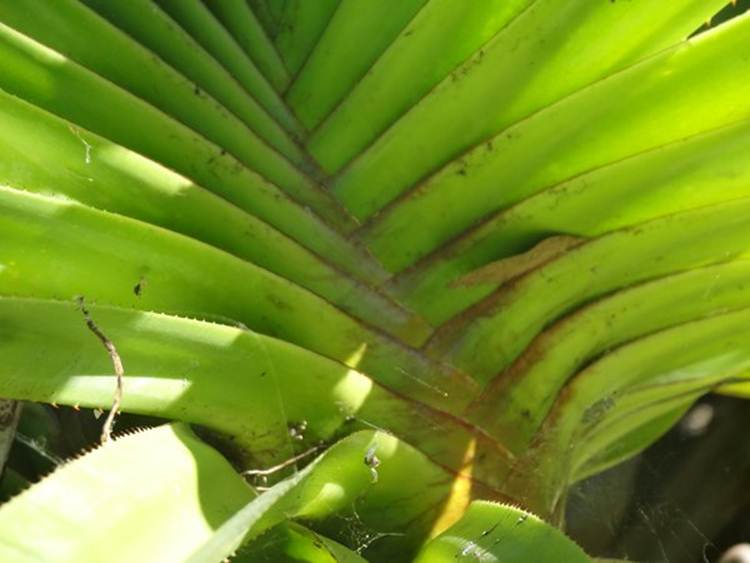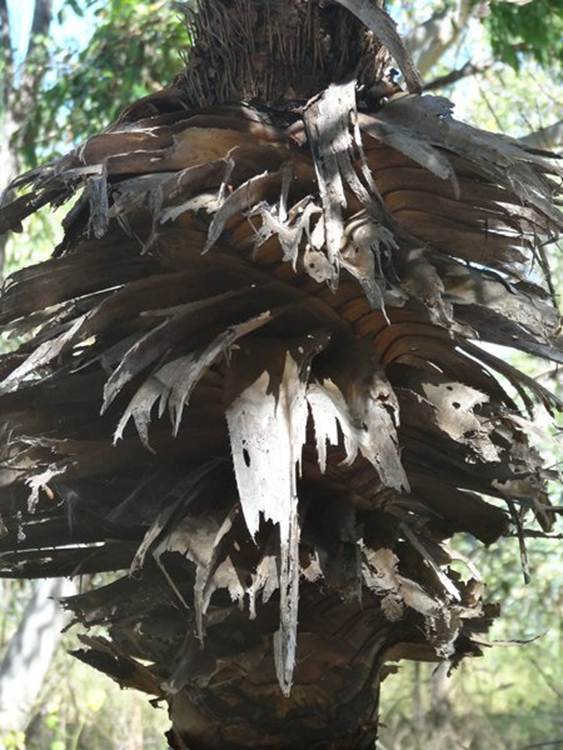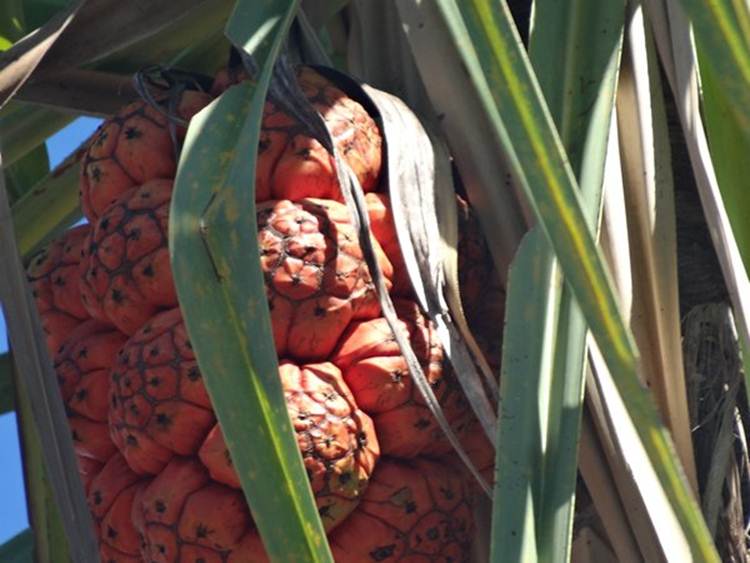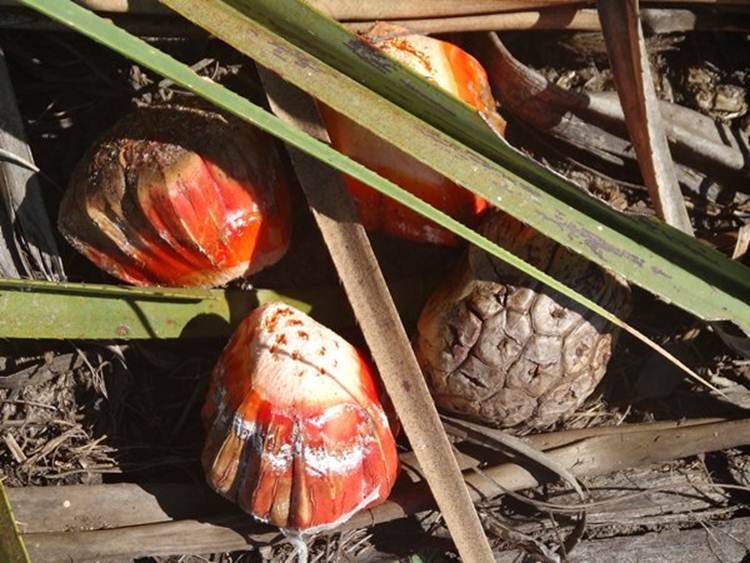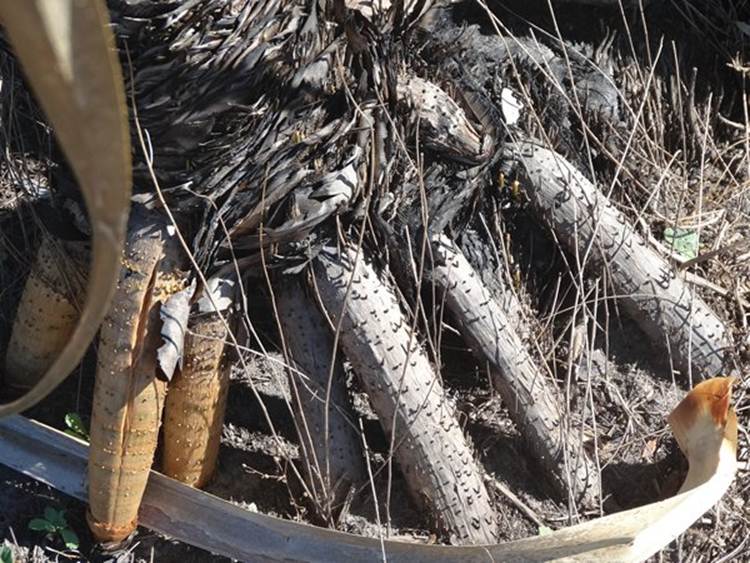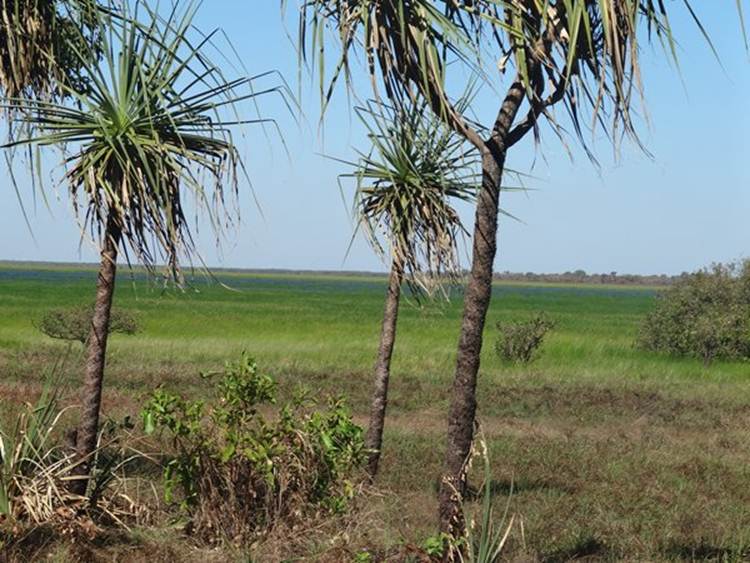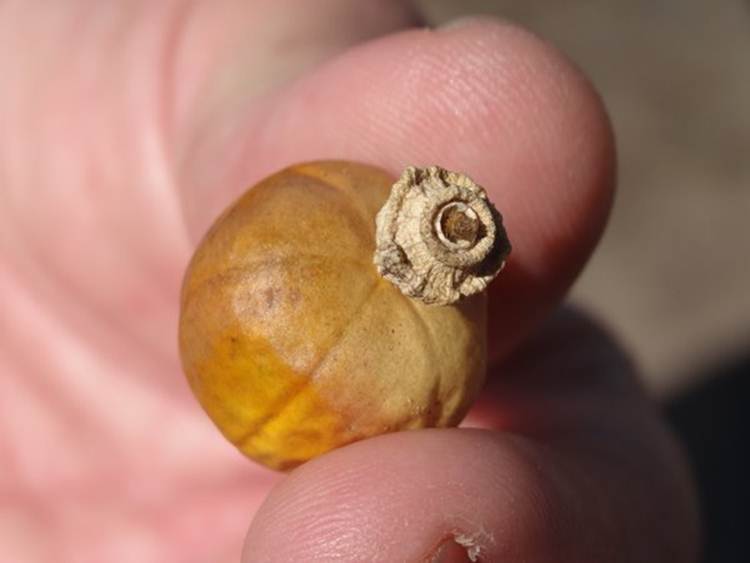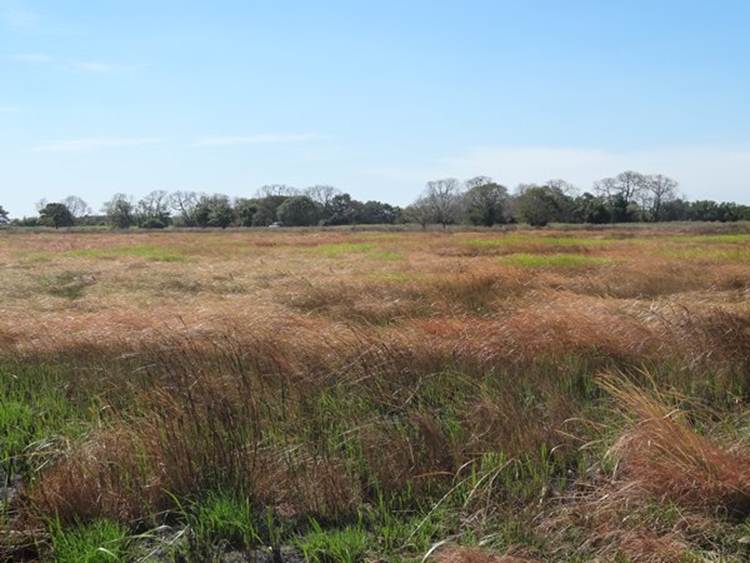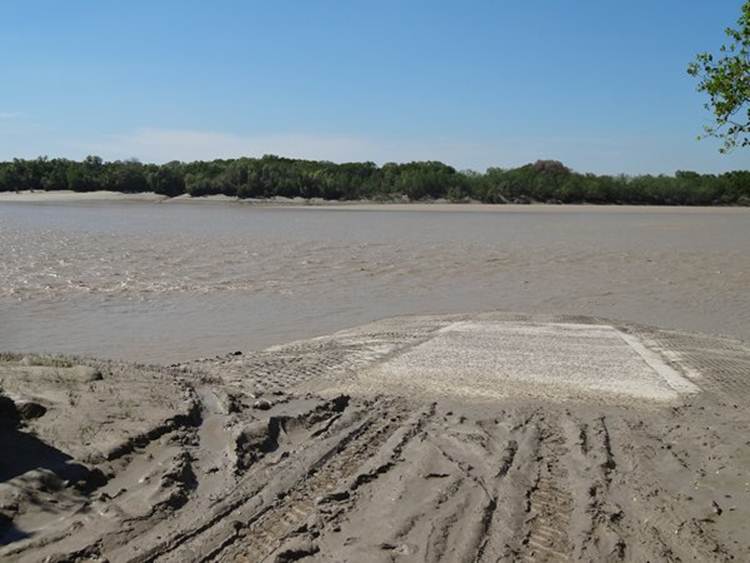Kakadu - Mamukala Wetlands

Visited the Mamukala wetlands for some bird spotting. The wetlands are a RAMSAR site, that is decalred of international importance under the Ramsar convention. This was set up in the early 1970s in an attempt to stop the worldwide loss of wetlands. Kakadu wetlands help conserve the magpie goose or pied goose which has diappeared from southern Australia because of land development. Mamukala is an important haven for magpie geese when the waters have receded enough for them to feed on the bulbs of the spike-rush. Apparently they up themselves and using their bill, which is hooked, dig down 10-15 cm into the mud. Later in the season all the water disappears and the mud bakes rockhard at which time they return to their breeding grounds. Anyway we haven’t seen a goose yet. We have seen lots of these signs whenever we get near water.
Buffalo grass growing at the edge of the wetlands.
There is a hide at the site where supposed able to see lots of birds. Think probably later in the season as the billabongs start to dry up. View across the open water from the bird hide.
The wind has picked up over the last couple of days and you can just about make out the lily pads being flopped over by the wind.
A white sacred lotus lily (Nelumbo nucifera).
Apart from this Australian pelican passing by and an egret we saw few birds at the bird hide.
We did a short 3km walk which went close to part of the Mamukala (Mar-moo-car-lar) wetlands. This sign was next to the path.
Part of the walk was through a pandanus landscape.
Some of these trees are really tall. Here’s Paul beside a small one:
The leaves grow spirally from the stem/trunk. It’s the young leaves from the very top of the tree that are used in basket weaving. Aboriginal laddies get them down using a stick with a hook at the end. They are much easier to strip than the older leaves.
For some reason these old leaf stalks had not sloughed away. You can just about make out the spiral pattern.
Some of which was in fruit. Here’s one still up the tree
And here’s busted up bits on the ground. We were given an individual seed for these pods (well not these ones obviously) when we went to that pig feast in Tonga.
The tree roots – bit of soil washed away by the floods.
View of the wetlands from the footpath
No idea what this seed was from but pretty.
Part of the vast south Alligator floodplains. Love the colour of the grasses.
Very muddy south Alligator river.
|
